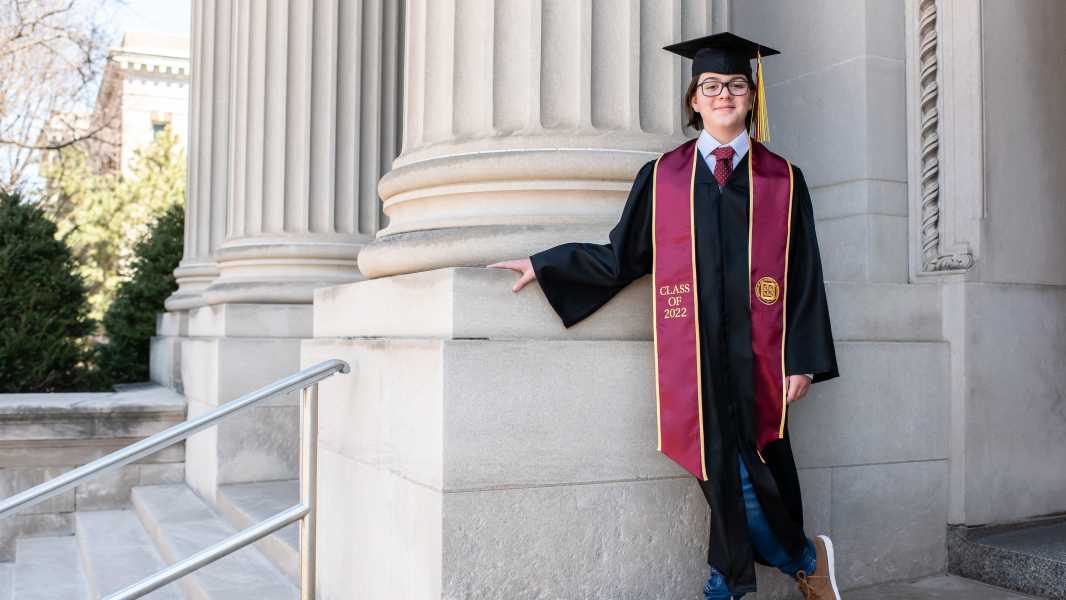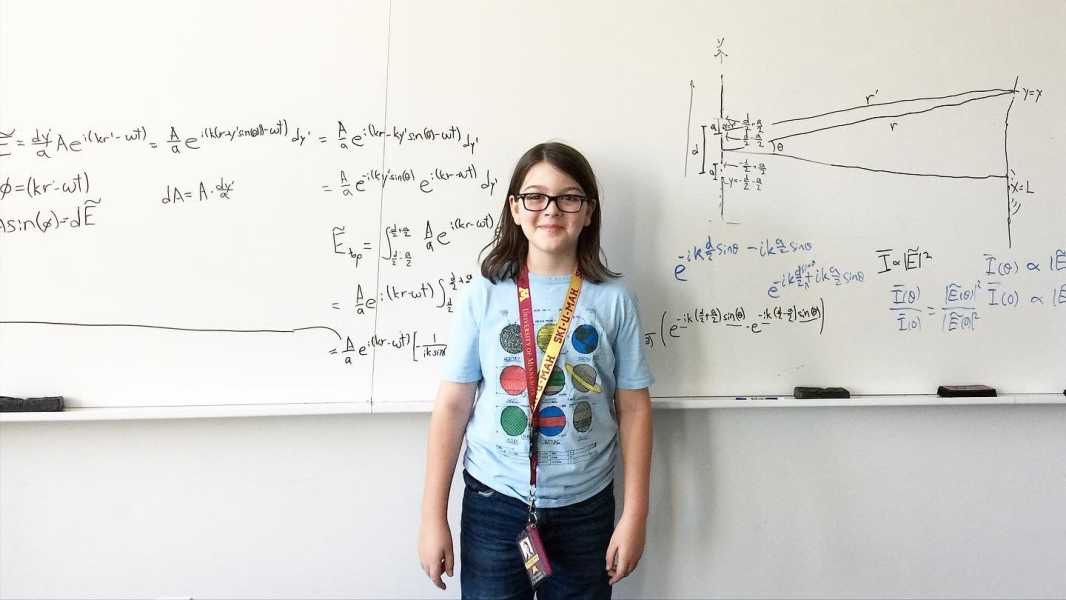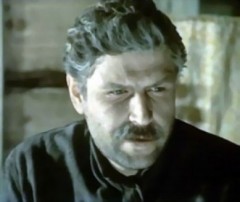
Elliot Tanner just graduated from the University of Minnesota, earning a degree in physics at the age of 13.
A child prodigy and scientific whiz, he impressed his teachers and peers by graduating from college at such a young age. Elliot Tanner recently graduated from the University of Minnesota with a bachelor's degree in physics and a minor in mathematics.
“I’m absolutely thrilled,” Elliott, a Minnesota resident, told Live Science. “It’s a really surreal experience.”
While that's remarkable, the achievement doesn't make Elliott the youngest college graduate in U.S. history. That title belongs to Michael Kearney, who earned a bachelor's degree in anthropology from the University of South Alabama in 1992 at age 10, the BBC reports.
Elliot’s parents are “incredibly proud” of his hard work and dedication to earning his degree at such a young age, and are thrilled to see him become an inspiration to so many. “Despite his incredible academic abilities, he’s also a kind and fun person,” Elliot’s mom, Michelle Tanner, told Live Science. “He inspires us to be better every day.”
Elliott plans to continue his education and get a doctorate if his parents can raise the funds. He plans to become a professor at the University of Minnesota and an expert in high-energy theoretical physics, studying the most basic components of matter and the fundamental forces that act between them. “I can’t wait to get started,” he said.
Age is just a number.
Elliott's parents first noticed his exceptional abilities before he started school; from the age of three, he demonstrated outstanding skills in language and mathematics. At age five, Elliott was enrolled in a local kindergarten, but was quickly withdrawn when it became apparent that traditional education was not for him.
“He was already talking about particle accelerators at the age of five, while other kids were dreaming about being Superman on the playground,” Michelle said.
Elliott was then homeschooled by his parents, who encouraged his curiosity and thirst for knowledge. The couple tried to confine Elliott to the educational program of his peers, but despite their efforts, he advanced at an astonishing rate.
“Elliott ended up learning and absorbing information faster than we could provide it,” Tanner said. “His room was filled with textbooks that he would immediately read.” She added that he often chose to spend his birthday money on books rather than toys or games.

Elliott stands in front of a board littered with complex equations he has solved.
By the age of nine, Elliott had already completed most of the standard curriculum,
Sourse: www.livescience.com





